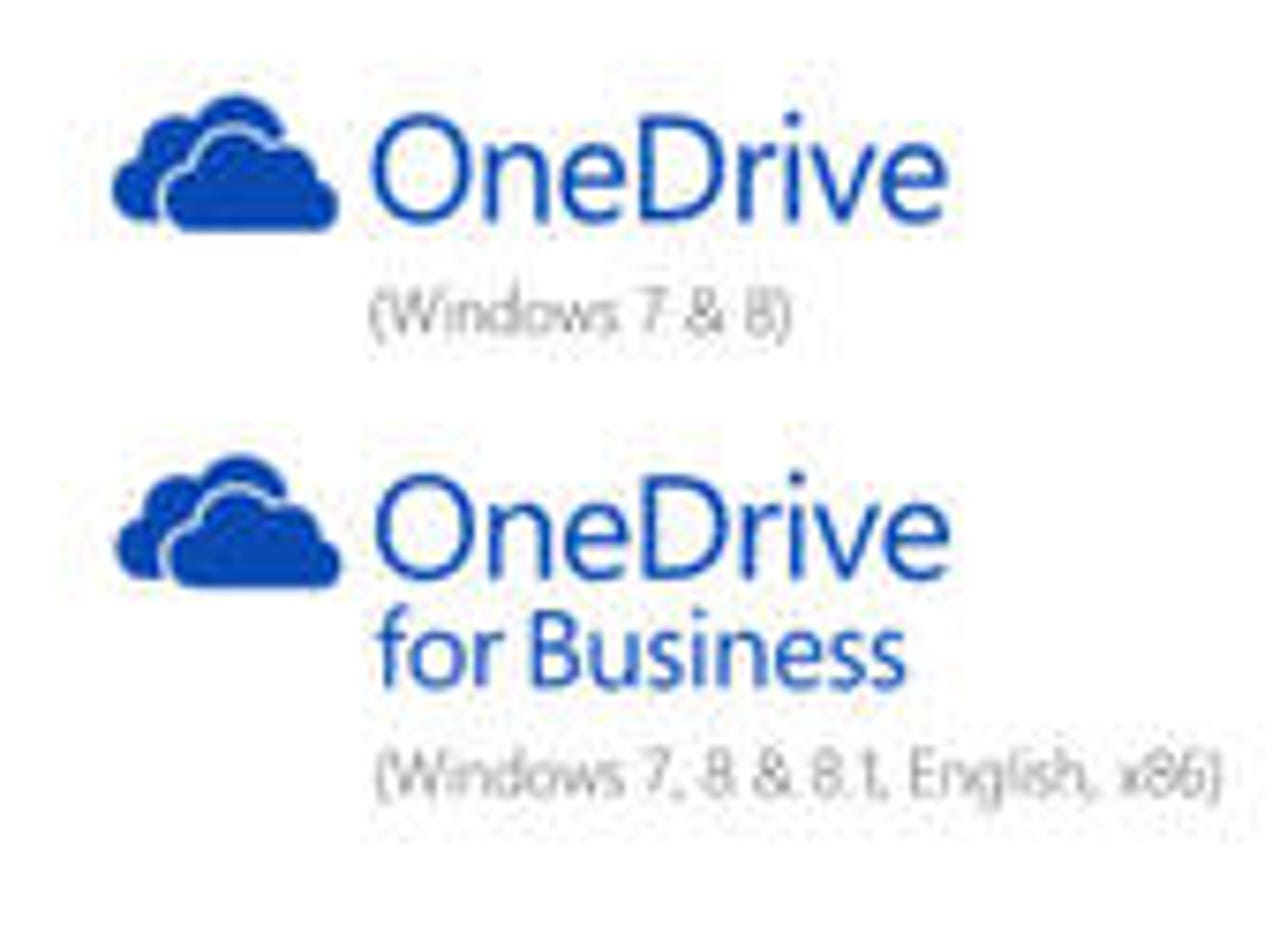Microsoft lays out year-long roadmap for unifying OneDrive sync engines

If you rely on Microsoft's OneDrive cloud services to sync and share files, the next year promises to be one of great change, mixed with a healthy serving of frustration.

By the end of this year, Microsoft promises both services will be accessible from a single sync engine that will work with OneDrive (the consumer service) and OneDrive for Business.
The announcements come in a post at the OneDrive blog, which promises that the new sync engine will include two long-awaited features: the ability to sync shared folders (a la Dropbox), and selective sync across all platforms. The latter feature is especially important for OneDrive for Business users, who currently have to choose between syncing all files from the cloud to a local device (up to 1 TB, with unlimited storage coming later this year), or accessing everything solely from the cloud.
The single sync engine will replace the current lineup of three utilities: One for Windows 7/8/Mac for consumer services, another for OneDrive for Business (based on the old Groove sync capabilities), and the newest one for Windows 8.1, offering support for a new feature, "placeholder files," which allow a Windows 8.1 user to browse the contents of OneDrive in the File Explorer utility, with local and cloud files existing side by side.
Microsoft sparked outrage from its Windows 10 beta testers with a release late last year that removed the placeholder feature from File Explorer.
In today's post, Microsoft says "customer feedback" identified three major usability and reliability issues with those placeholder files:
In Windows 8.1 certain apps would occasionally fail to open files that were placeholders because the app didn't know how to issue commands to download the file, or the download would timeout due to bandwidth speed. We noticed that certain file operations (including copy, move and delete) had a higher degree of failure when placeholders were utilized. In parallel, we learned that many customers found the feature was confusing, as it wasn't necessarily clear which files were available online versus offline.
For a service that's aimed at hundreds of millions of users at all technical levels, those kinds of errors are unacceptable.
It was clear that the right approach was to converge to a single sync engine and experience... We decided to start with the consumer sync engine foundation from Windows 7 and Windows 8 and add the right capabilities from the other two engines. This way, we could add features once and have them benefit all customers, while also ensuring that we didn't run into any more reliability challenges due to placeholders in Windows 8.1.
A lightweight version of the unified OneDrive utility is already available for Windows Phone and Android devices, with an iOS version listed as "coming soon." In that utility, you can access files from the consumer or commercial versions of OneDrive without having to switch between apps.
For desktop platforms, the roadmap is a little more complex.
Some of the new capabilities, including shared folders and side-by-side support for consumer and business accounts, "will make it into the first release" of Windows 10, says Microsoft. It's not clear how many of those changes will appear in the preview release expected later this month.
Microsoft says it will release a preview of the Mac client for OneDrive for Business "later this month," an announcement that sounds definitive. An accompanying item on the roadmap is less certain: "[W]e are working to sync shared folders by the summer."
Other features, including unspecified changes that replace the core capabilities of placeholders without the reliability problems, "will come in updates that follow later in the calendar year."